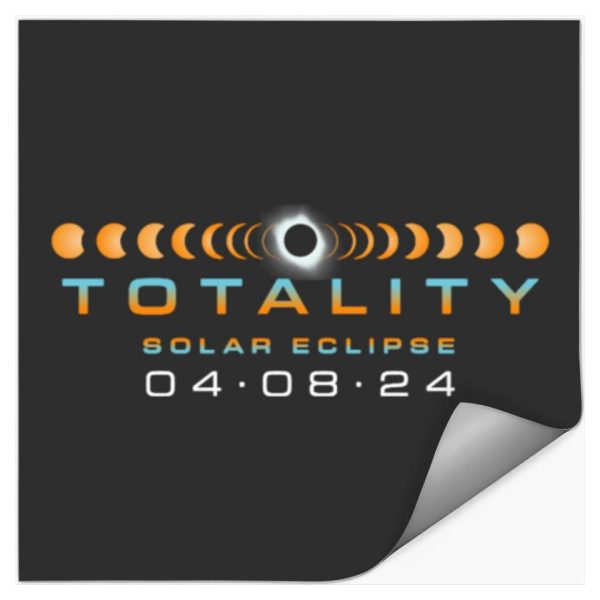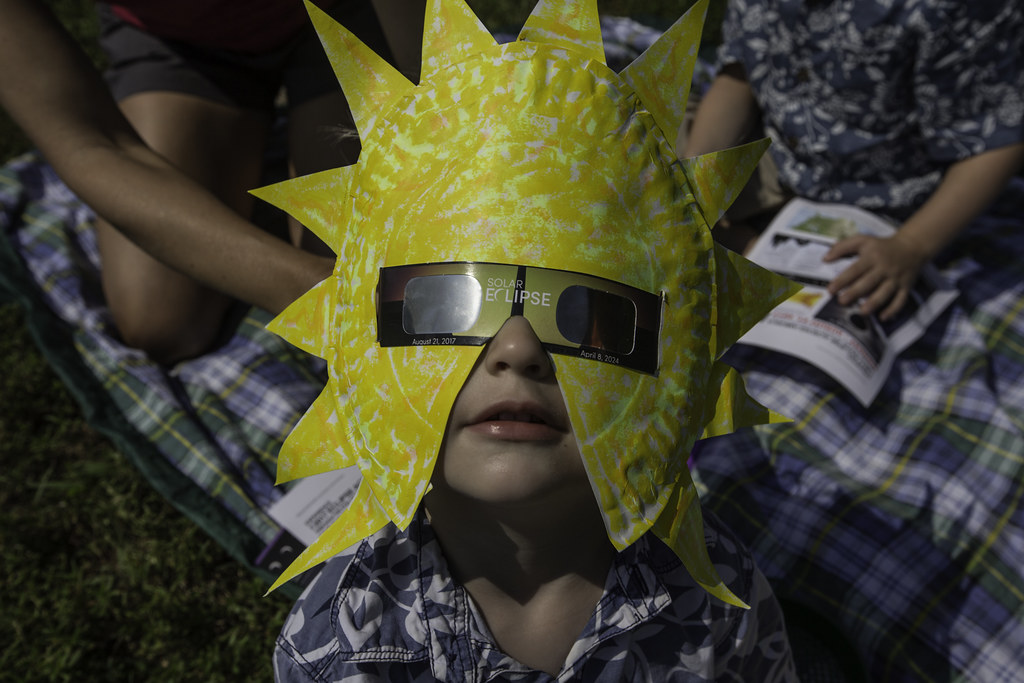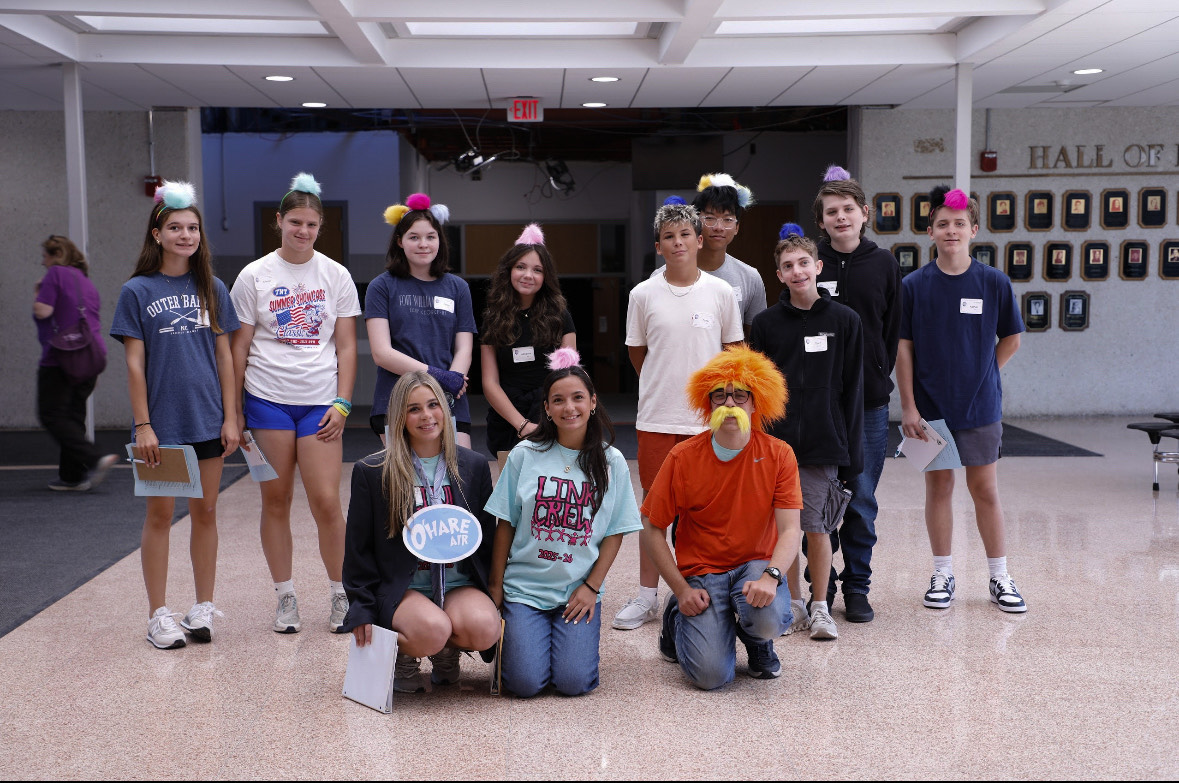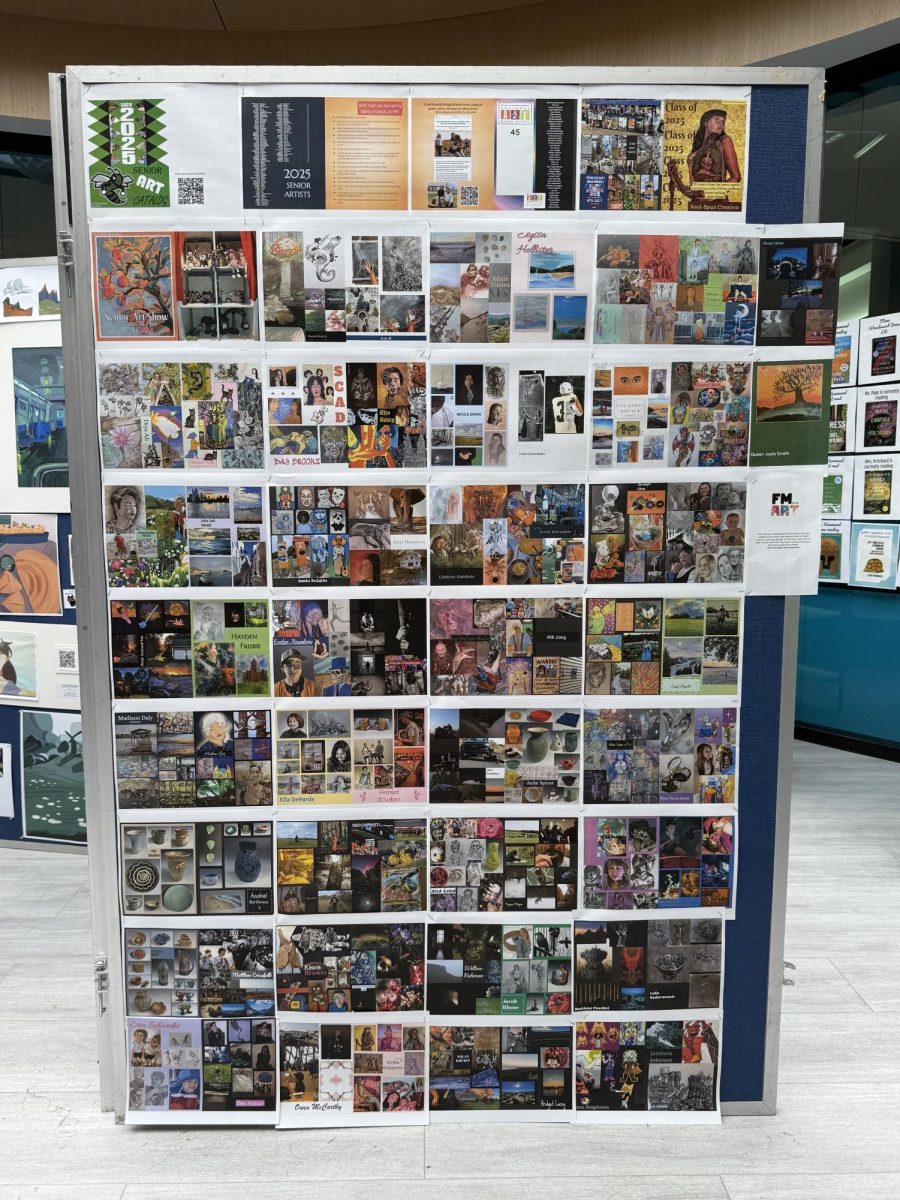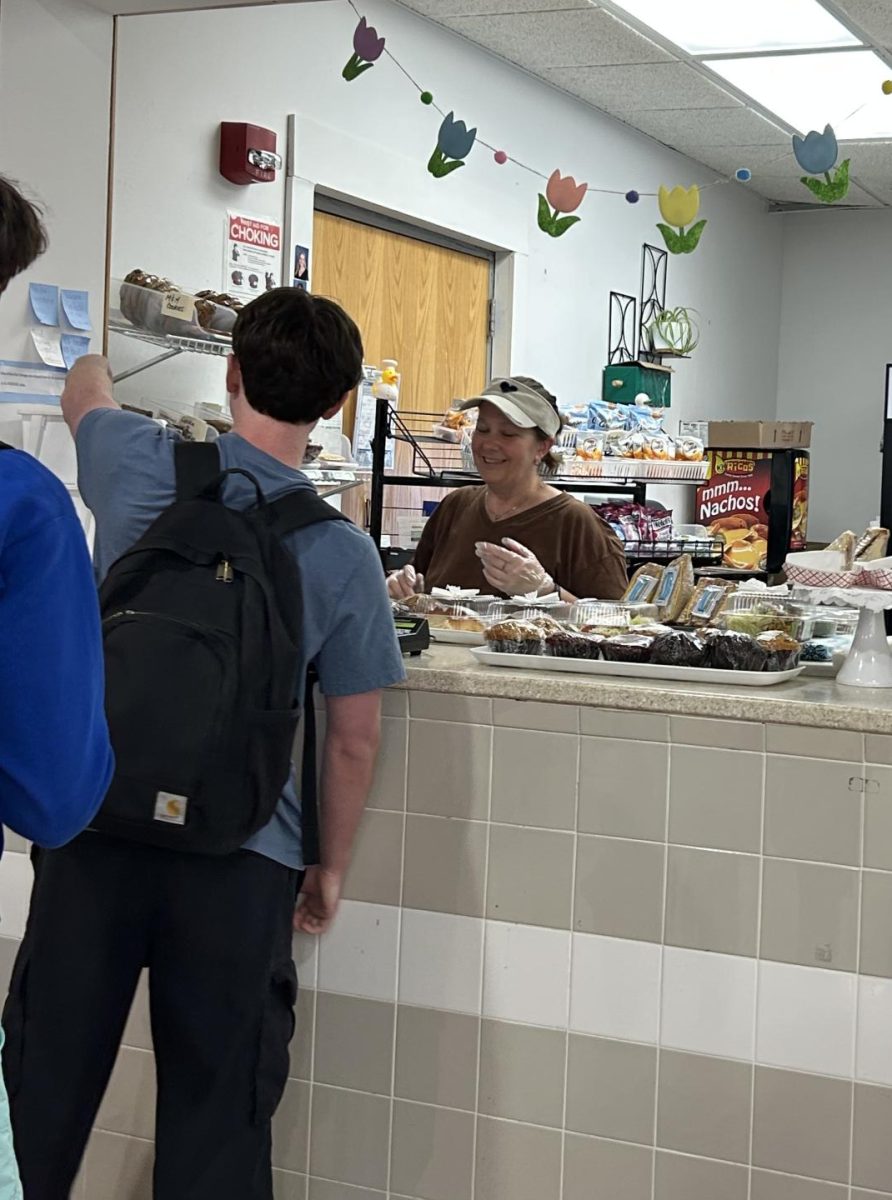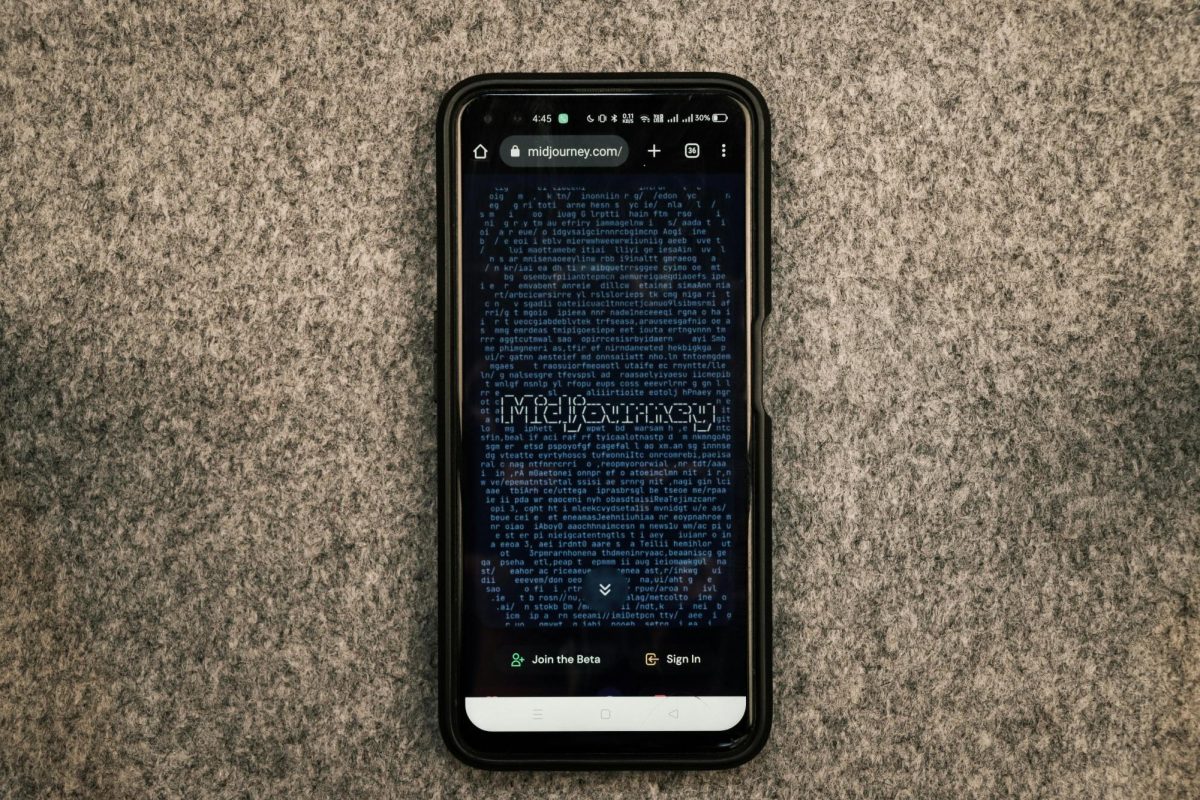You may have heard that there will be no school on April 8th, but do you know why? While most students would have stopped listening after hearing the words “no school,” those who pay attention would know about the solar eclipse happening on that day. On Monday, April 8th, there will be a total solar eclipse over North America and according to NASA, the Fayetteville-Manlius area will experience total darkness at around 3:25 PM on that date.
Though this may be the first one Central New York has experienced in a hundred years, solar eclipses have been recorded for thousands of years. According to History.com, one of the first recorded eclipses occurred on October 22, 2134 B.C. in China. The ancient Chinese believed that the eclipse was a celestial dragon who was consuming the sun. Moving forward two royal astronomers were hired to predict eclipses so that people could prepare arrows to defeat the “dragon.” Thousands of years later in 29-32 A.D. the world became dark after the crucifixion of Jesus, according to the Bible. To people who follow the religion, this has significance because of the belief that Jesus carried the sins of the whole world, hence the darkness. Many historians agree that this event was likely a solar eclipse, and have used this information to track the exact date of Jesus’ death.
People have been observing eclipses from a more scientific standpoint throughout history as well. Famous figures such as Greek philosopher Aristotle and the Greek astronomer Aristarchus studied eclipses for various scientific theories. In more recent years, an eclipse was used to prove Einstein’s theory of general relativity. Sir Arthur Eddington observed how starlight bent around the Sun during the eclipse, proving Einstein’s theory that large objects would cause distortions in space and time. At NASA, scientists use eclipses to collect data about the sun that cannot be obtained at any other times. During the 2017 eclipse over North America, eleven scientific studies were funded by NASA to collect data about the solar corona (the Sun’s atmosphere) and about how Earth behaves under those unusual conditions. A lot of valuable scientific data will be collected during the upcoming eclipse as well.
As the anticipation for the big day grows, you may be wondering how you will celebrate this momentous, once-in-a-lifetime, very rare, historical event. The most important thing to keep in mind is to have proper eye protection. The length of total darkness is only thirty seconds to three minutes. Looking at the sun before and after total darkness can cause serious harm to your eyes. Solar eclipse glasses can be purchased from an array of brands and websites, just make sure that your glasses are up to the standards of the American Astronomical Society (AAS) at this website: https://eclipse.aas.org/eye-safety/viewers-filters.
